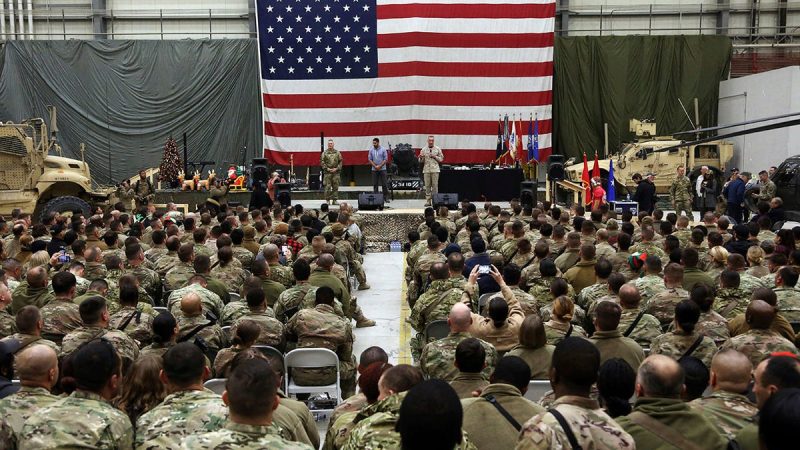The bipartisan bill introduced in the U.S. Congress to establish a military exchange program with nations that have normalized relations with Israel is a significant step towards further strengthening the existing Abraham Accords. The Abraham Accords, brokered during the Trump administration, marked a historic breakthrough in Middle East diplomacy by normalizing relations between Israel and several Arab nations. The proposed military exchange program seeks to deepen these relationships by facilitating military cooperation and sharing of expertise among the participating countries.
One of the primary objectives of the military exchange program is to enhance regional security and stability by fostering collaboration between the armed forces of Israel, the United States, and the countries that have signed the Abraham Accords. By engaging in joint military exercises, training sessions, and knowledge transfer initiatives, the participating nations can build trust and cooperation, leading to a more secure and peaceful region.
Moreover, the proposed program is also expected to serve as a deterrent against common threats faced by the signatories of the Abraham Accords, including Iran and its proxies. By aligning their military capabilities and sharing intelligence, the participating countries can bolster their defense capabilities and respond effectively to potential security challenges in the region.
Furthermore, the military exchange program holds economic benefits for the participating nations. Through joint military training and collaboration, the countries can leverage their defense industries and technology capabilities, leading to the exchange of expertise and the development of advanced defense solutions. This can contribute to the growth of their defense sectors and create new economic opportunities for businesses in the defense and security domains.
Additionally, the program can act as a confidence-building measure among the signatories of the Abraham Accords, demonstrating their commitment to regional peace and security through tangible cooperation in the military sphere. By working together on defense-related initiatives, the nations can build stronger diplomatic ties and reinforce the foundations of the Abraham Accords, setting a positive example for other countries in the region.
In conclusion, the bipartisan bill proposing a military exchange program under the Abraham Accords is a crucial step towards enhancing security cooperation and strengthening the strategic partnerships established through the normalization of relations between Israel and its regional neighbors. By fostering military collaboration and knowledge sharing, the program has the potential to contribute significantly to regional stability and prosperity, while also serving as a testament to the enduring success of the Abraham Accords in promoting peace and cooperation in the Middle East.




























